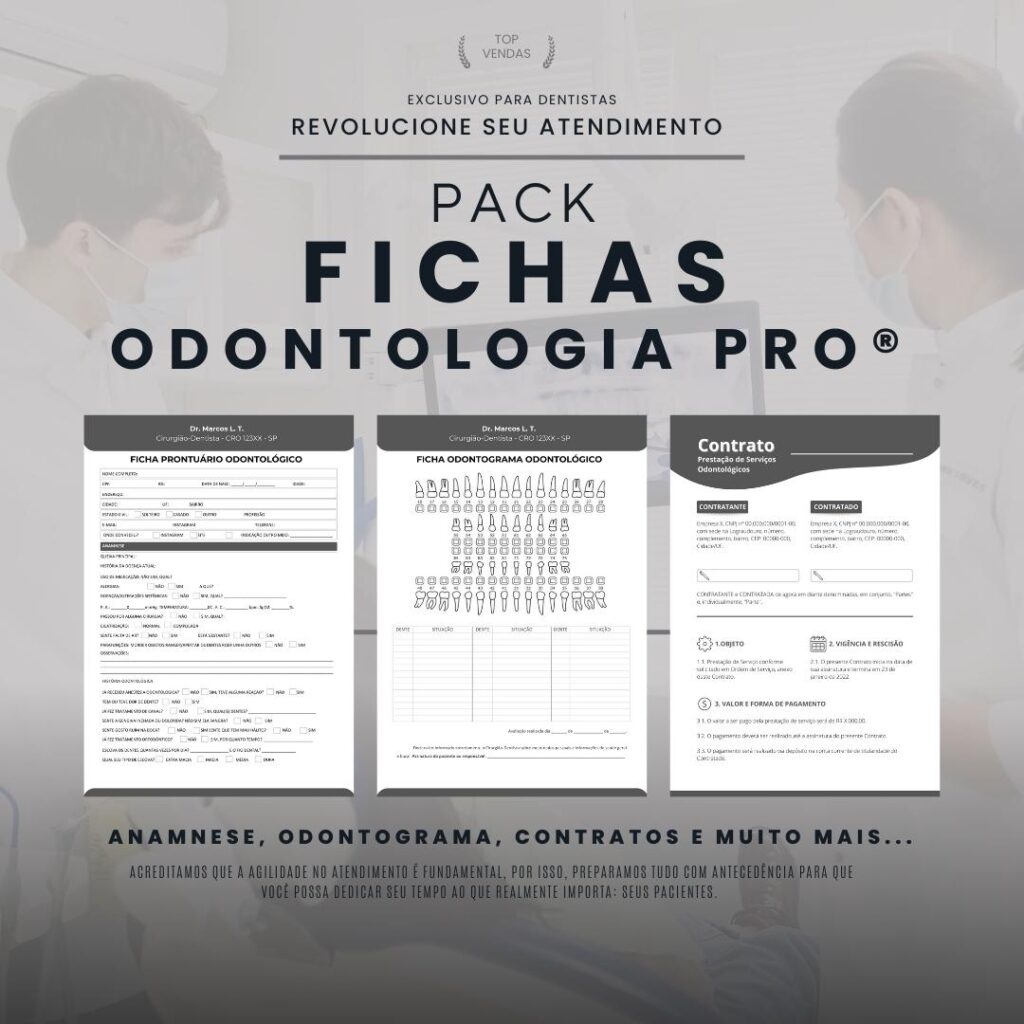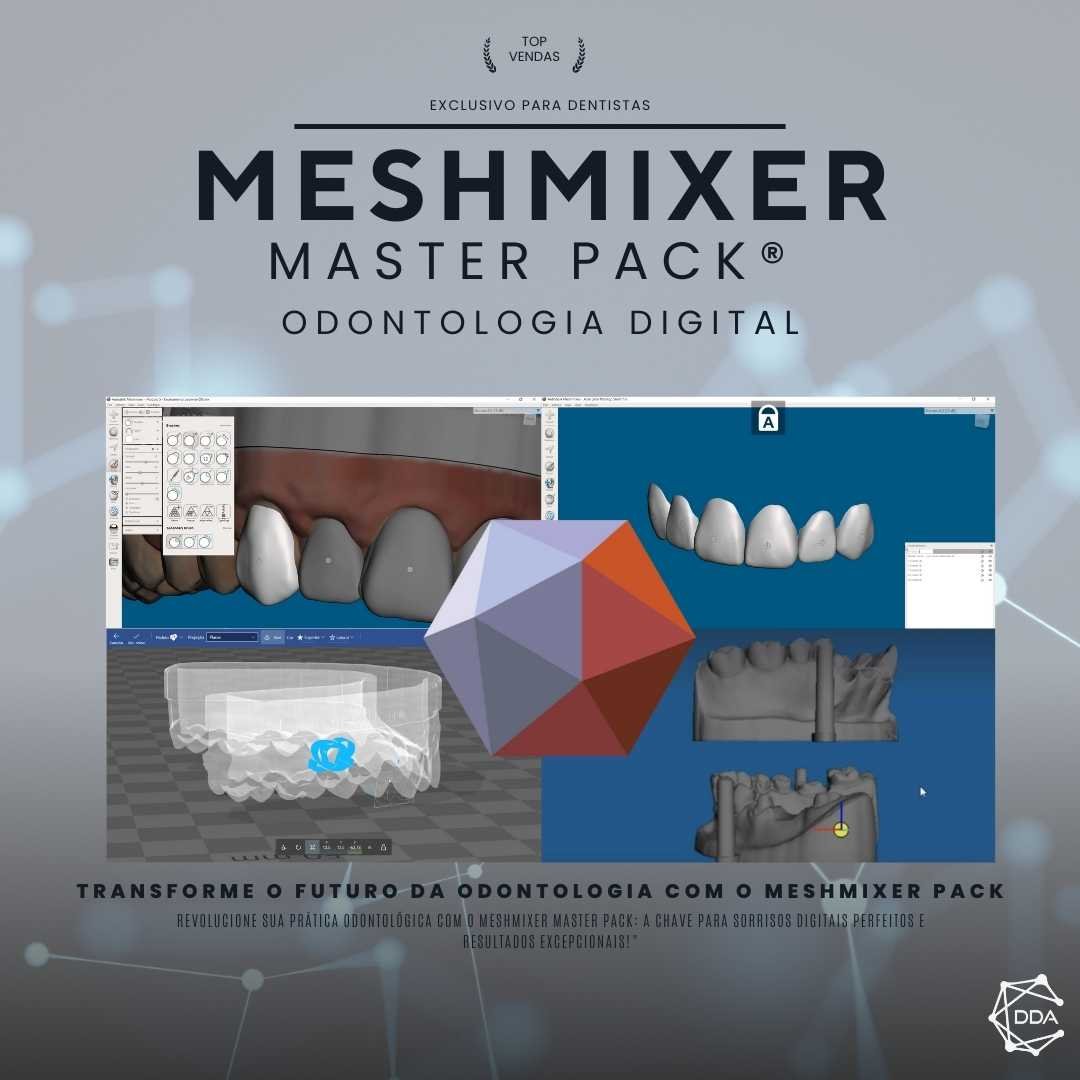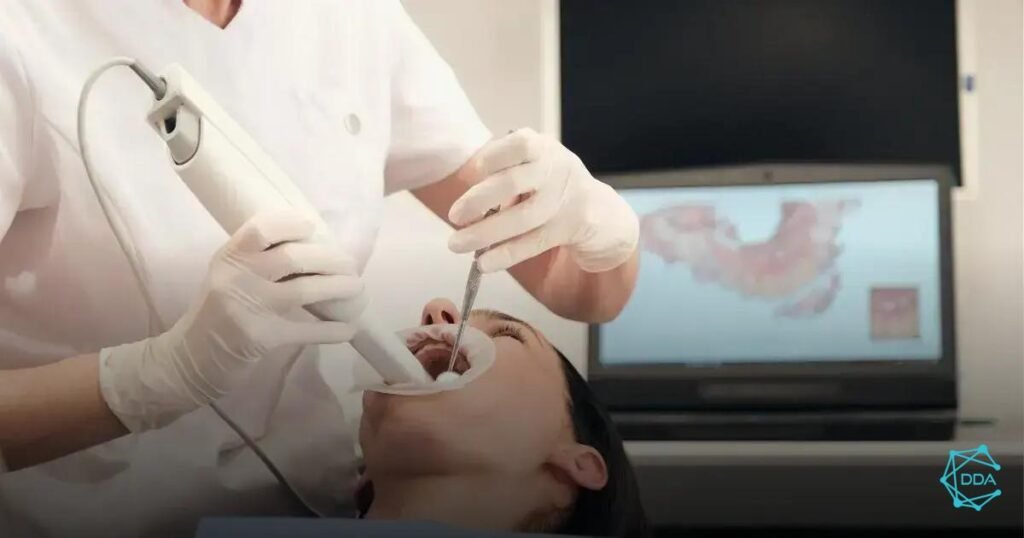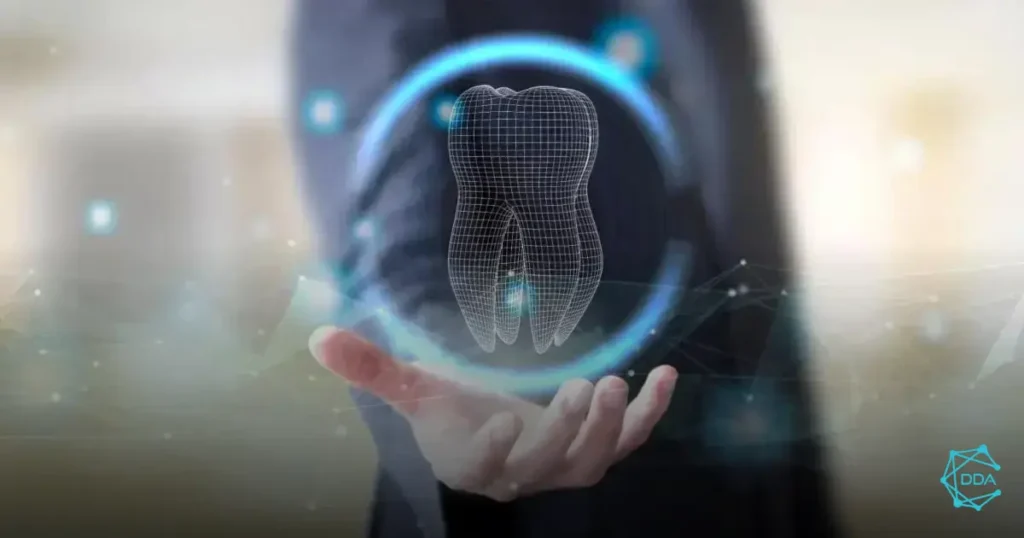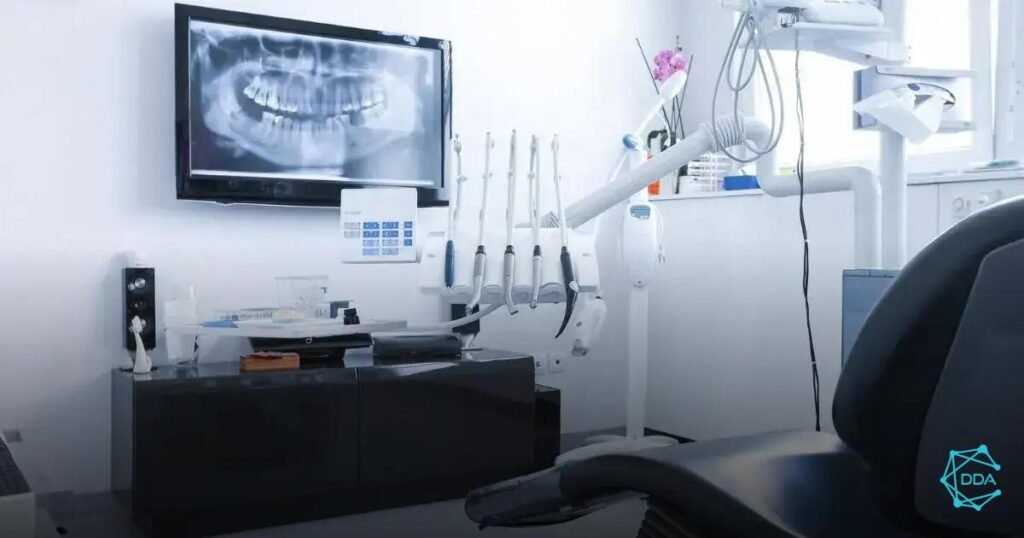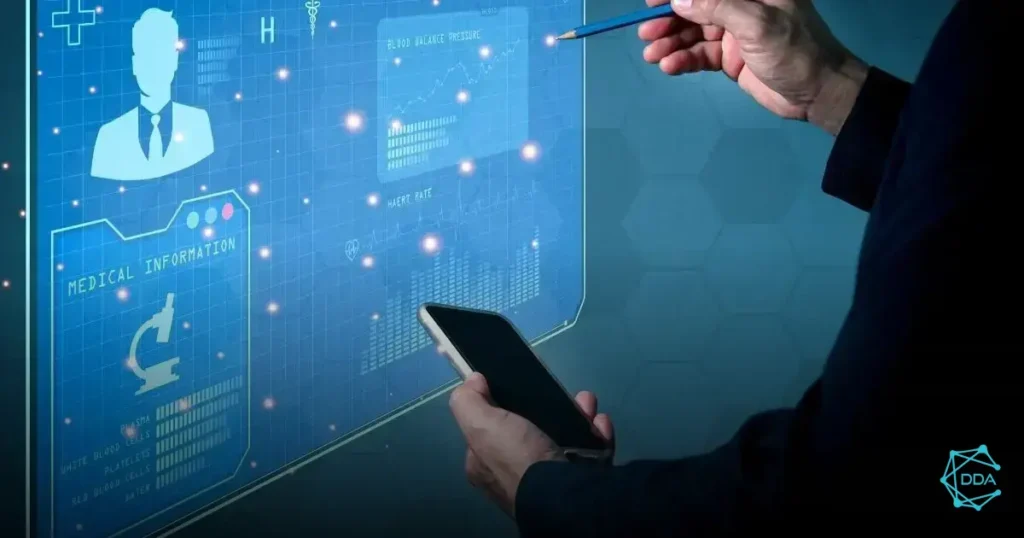Innovations in digital dentistry
Digital dentistry has revolutionized the way dental professionals provide care to patients. With the advancement of technology, new techniques and equipment have emerged to improve dental procedures and provide a more efficient and comfortable experience for patients. In this article, we will discuss the latest innovations in this field, the impacts on dental practices, and how professionals can prepare for the future of this technological evolution.
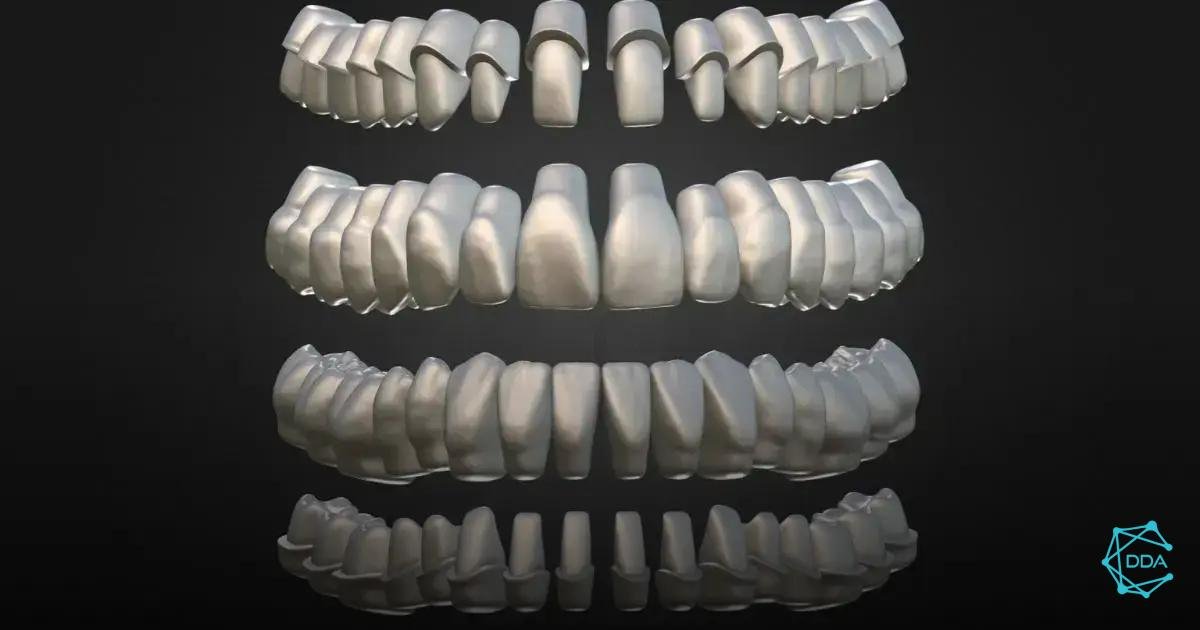

Current Panorama of Innovations
In the current context, technological innovations have played a significant role in several areas, including dentistry. The constant evolution and introduction of new technologies have directly impacted dental practices and procedures, providing benefits for both professionals and patients.
With the advancement of technology, new tools and techniques have revolutionized the way dental treatments are performed, making procedures more efficient, precise and comfortable for patients. In addition, innovations have contributed to improving the quality of diagnoses, enabling more assertive and personalized planning for each case.
It is essential that professionals in the field are up to date and prepared to incorporate innovations into their practices, aiming to provide excellent service and keep up with market demands and patient expectations.
Impact of Innovations in Dentistry
- Advanced Diagnostics: Technological innovations have allowed the use of more accurate diagnostic equipment, such as cone beam computed tomography (CBCT), providing a detailed three-dimensional assessment of the oral and maxillofacial region.
- More Precise Treatments: The use of advanced technologies, such as 3D printing and CAD/CAM systems, has made it possible to produce prostheses and restorations with high precision and aesthetics, optimizing treatment time.
- Patient Experience: Innovations have contributed to improving the patient experience, reducing discomfort during procedures and enabling more natural and long-lasting results.
Given this scenario, it is clear that technological innovations have transformed dental practice, driving the search for constant updating and improvement by professionals, in order to offer innovative and quality care.
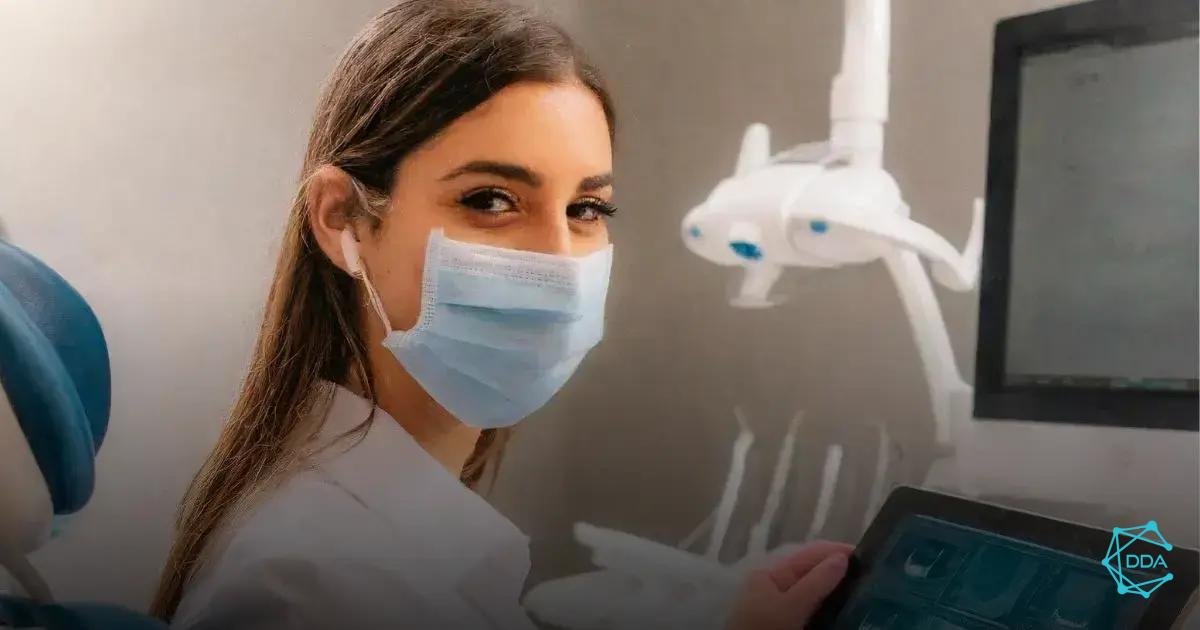

Recent Technological Advances
In recent years, the field of dentistry has witnessed significant technological advancements that are shaping the future of the profession. These innovations are directly impacting dental practices, improving the accuracy of procedures and the patient experience.
Artificial Intelligence and Dentistry: The integration of artificial intelligence into dentistry is revolutionizing the way professionals plan and perform treatments. AI systems are being developed to aid in the diagnosis of oral diseases, analysis of X-rays and even the creation of personalized dentures.
3D Printing of Dental Prostheses: 3D printing technology has enabled the manufacture of more precise and personalized dental prostheses, reducing production time and increasing the quality of results. This has positively impacted patients' lives, providing more comfortable and long-lasting solutions.
Augmented Reality in Education and Training: Augmented reality is increasingly being used in the education of dental students and professionals. It allows the simulation of complex procedures and offers an immersive learning environment, contributing to the improvement of clinical skills.
Teledentistry and Virtual Consultations: With the advancement of digital communications, teledentistry has emerged as an efficient way to offer virtual consultations, remote monitoring and guidance to patients. This has increased access to dental care, especially in remote or underserved areas.
Robotics in Dental Surgery: The use of robots in dental surgery has enabled more precise and less invasive procedures, reducing recovery time and increasing patient safety. This promising approach is being increasingly explored by professionals and researchers in the field.
In short, recent technological advances in dentistry are propelling the profession to new levels of excellence, promoting more effective, personalized and accessible treatments. Being up to date and prepared to incorporate these innovations is essential to provide quality care and keep up with the evolution of the dental sector.
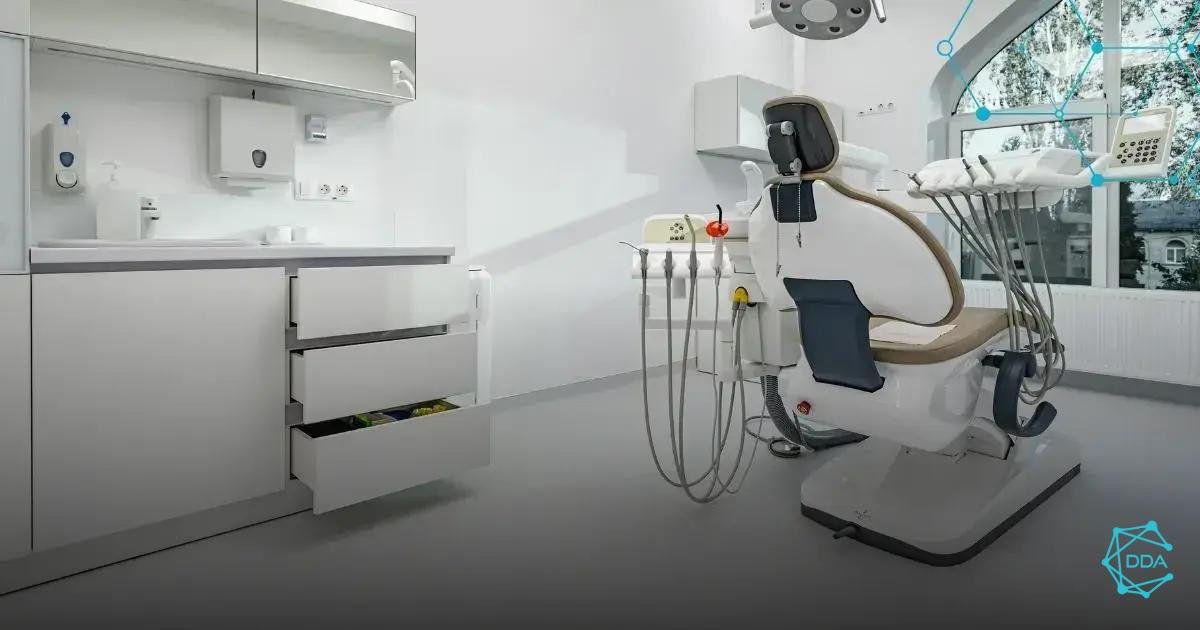

Impact on Dental Practices
The impact of innovations and technological advances in dentistry has been significant, transforming dental practices and improving the patient experience. The incorporation of new technologies has revolutionized the way procedures are performed, providing more accurate, efficient and comfortable results.
With the advancement of technology, dental professionals have access to more sophisticated equipment and tools, allowing them to make more accurate diagnoses and perform procedures more safely. In addition, the use of innovative technologies has contributed to the personalization of treatments, meeting the specific needs of each patient.
The use of technologies such as 3D printing, intraoral scanning, advanced imaging systems and biocompatible materials has positively impacted dental practice, providing greater efficiency, quality and comfort for both professionals and patients.
Furthermore, the integration of management systems and electronic medical records has optimized the management of dental clinics, providing a more effective approach to patient care and the administration of internal processes.
Given this scenario, dental professionals need to be prepared to adopt and adapt to technological innovations, seeking to constantly improve their knowledge and skills to offer excellent service and keep up with market demands.
In summary, the impact of innovations and technological advances in dental practices has been fundamental to the evolution of the profession, providing benefits to both professionals and patients, and redefining the standards of quality and efficiency in modern dentistry.
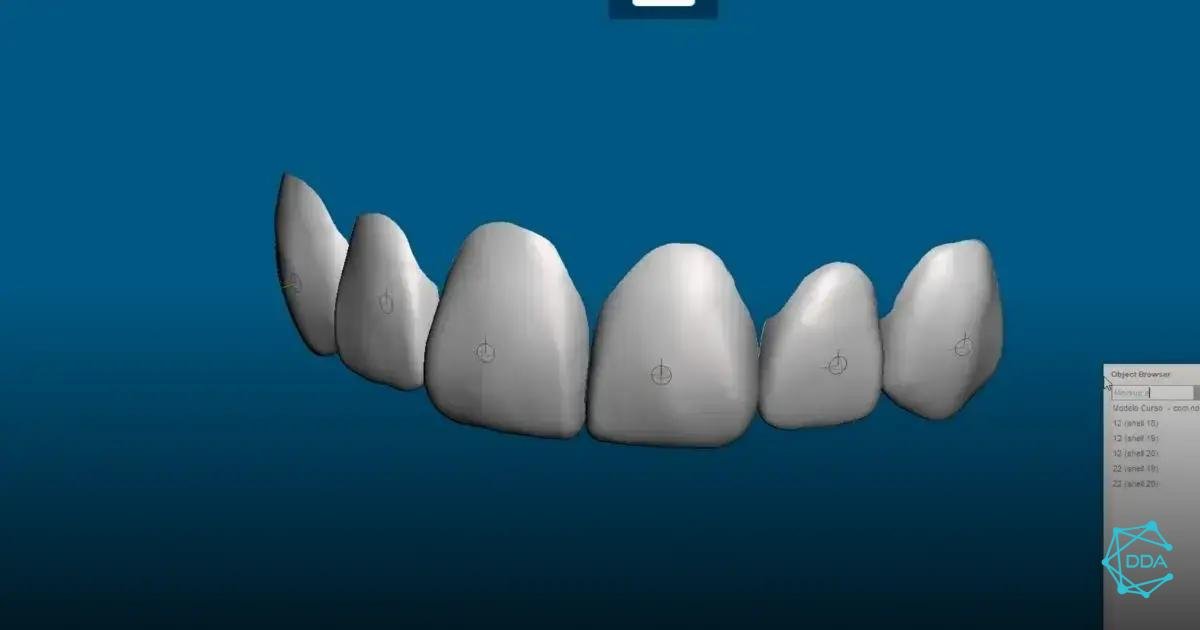

Preparing for the Future
Dentistry is constantly evolving, and it is essential that professionals are prepared for the changes that are coming. The future of dentistry promises significant advances, and dentists need to be up to date and ready to adopt new technologies and practices.
Adoption of Emerging Technologies
With the advancement of artificial intelligence, virtual reality and 3D printing, dentistry is poised to undergo a technological revolution. The ability to embrace and integrate these emerging technologies will be crucial to delivering cutting-edge dental care.
Emphasis on Continuing Education
To prepare for the future, dental professionals must prioritize continuing education. The pursuit of updated knowledge and skills will be essential to providing innovative, high-quality treatments to patients.
Embracing the Holistic Approach
The future of dentistry also points to a more holistic approach, integrating oral health with general health. Dentists of the future must be prepared to collaborate with other health professionals and adopt practices that consider the patient’s complete well-being.
In short, preparing for the future of dentistry requires a commitment to innovation, ongoing education, and a holistic approach to patient care. By embracing these changes, dental professionals can ensure they are prepared to meet the demands and challenges of the future.



